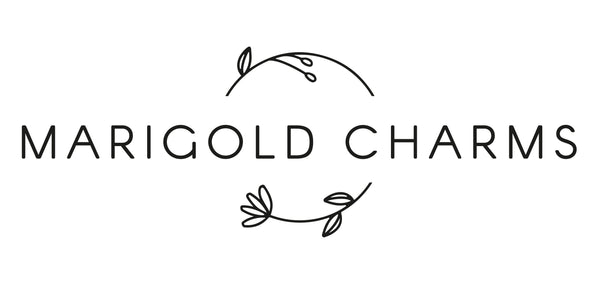
The June Gap is a term used in gardening and beekeeping to describe a period in early summer, typically around June, when there is a temporary shortage of nectar and pollen available for bees.
Why the June Gap Occurs:
- Early spring flowers have finished blooming, but many summer flowers have not yet begun.
- This creates a gap between the end of spring blossoms (like dandelions, fruit trees, and other early blooms) and the start of summer flowers (like clover, lavender, and sunflowers).
- The availability of nectar and pollen drops significantly during this period, which can stress bee colonies.
Impacts of the June Gap:
- Bees may experience food shortages, affecting hive health.
- Beekeepers may notice a slowdown in honey production.
- Gardeners may see less pollination activity in their gardens.
Look after those bees!
- Bees may experience food shortages, affecting hive health.
- Beekeepers may notice a slowdown in honey production.
- Gardeners may see less pollination activity in their gardens.
